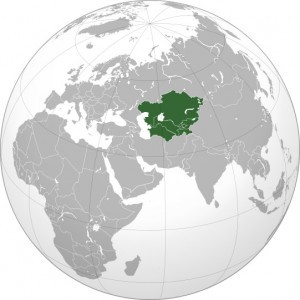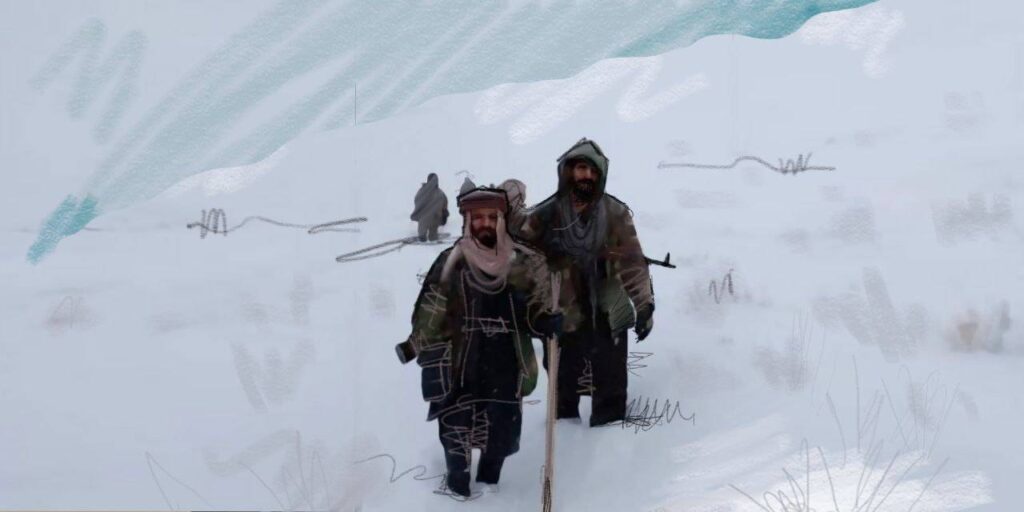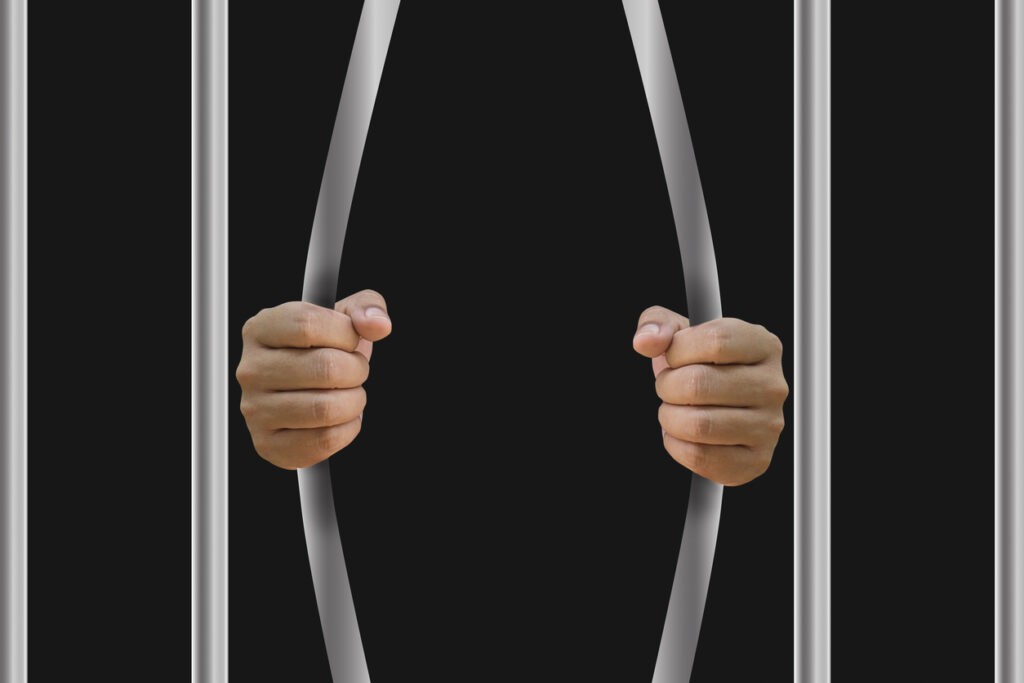BISHKEK (TCA) — Russian media reported that police suspect the bombing in a subway train in St. Petersburg on April 3 was carried out by a man from Central Asia with ties to radical Islamic groups. Here below we are republishing an article originally published by Stratfor, which looks into different theories to explain who staged the attack, and what it could mean for Central Asia should the media reports about the alleged involvement of natives from this region are confirmed by investigators:
Russia is no stranger to terrorist attacks. But for the past four years, the country (beyond its restive North Caucasus region) has been free of the kinds of large assaults that have periodically rocked Europe and the United States. Then on Monday, an explosion ripped through a subway train in St. Petersburg, killing 11 people and injuring nearly 50 more. (A second device was reportedly found and dismantled at a nearby metro station.) Russia’s Investigative Committee quickly declared the incident a terrorist attack, and media outlets across the country have proposed different theories to explain who staged the attack and why. Though some scenarios are more plausible than others, each comes with its own set of consequences for the Kremlin and the country.
Correspondents with Russia’s Channel One floated the idea that Ukrainian special operations forces could not be ruled out as the perpetrators behind the attack, perhaps in retribution for Moscow’s involvement in eastern Ukraine. This is a far-fetched theory, however, and it lacks evidence to support it. Claims by conspiracy theorists — particularly on social media — that the Kremlin staged the explosion in a bid to galvanize domestic support are likewise unsubstantiated.
Other media outlets offered a variety of different explanations. A pundit on state television, for instance, suggested Monday evening that the explosion was the work of protesters. For the past two weekends, large demonstrations against government corruption have cropped up in cities across Russia. Thousands of Russian truck drivers, meanwhile, have been blocking traffic in the country — including in St. Petersburg — to protest a tax increase, at times clashing with security forces in the process. In response to the unrest, the Kremlin has cracked down on the demonstrations and worked to prevent their organization on social media. If the attack was indeed the act of disgruntled Russians resorting to terrorism to express their discontent, the Kremlin will be dealing with a problem it hasn’t faced in nearly a century. The shift from mostly nonviolent demonstration to terrorism, moreover, would give Moscow the justification it needs to pass even more stringent laws to control dissidence and monitor social media, particularly ahead of the 2018 presidential election.
Russian media giant Interfax, on the other hand, reported that a Central Asian man conducted the attack. The theory is plausible: After all, the five former Soviet republics of Central Asia have struggled in recent years with radicalization among their large youth and unemployed populations. If the report proves accurate, the incident will have serious repercussions for the roughly 200,000 Central Asian migrants legally living or working in Russia, as well as the estimated 200,000 others currently in the country illegally. As it is, many Russians harbor strong anti-immigrant sentiments. Should the investigations reveal that a person from Central Asia carried out the subway attack, Moscow could restrict immigration from the region, thereby exacerbating its economic woes and, in turn, its radicalization problem.
Each of these theories represents a break from convention in Russia, where militants from Russia’s North Caucasus region usually take the blame for situations such as this. The last major attacks that terrorists from the area staged outside the region occurred in 2013 in Volgograd, just months before the Russian Winter Olympics in nearby Sochi. But now concern is growing that after years of relative quiet in the region, Russia’s deteriorating economic situation could spur renewed militancy in the Caucasus. The republics of Chechnya and Dagestan — traditionally hotbeds of insurgent and militant activity — have some of the highest unemployment rates in the country, a factor that could encourage radicalization among the local youth. Even so, Moscow is well prepared to resume the fight against militancy in the North Caucasus seven years after it declared victory, however hollow, in its brutal war against Chechen separatists. A renewed threat in the Caucasus would also advance the Kremlin’s argument for robust security and defense mechanisms, measures many Russians support.
A far more worrisome prospect for Moscow is that the perpetrators were grassroots jihadists. Leaderless operatives are a new and unfamiliar enemy for the Kremlin. Though the Russian government has clamped down on much of the radical jihadist material circulating on social media, it can’t eliminate it entirely. Nor is it prepared to accept that some of the estimated 5,000 Russian citizens who have left the country, mostly from the Caucasus, to fight with the Islamic State are returning to continue the war in their home country. For all its experience combating traditional domestic terrorism networks, the Kremlin isn’t accustomed to contending with similar threats from abroad.
Furthermore, if investigators find that the attack in St. Petersburg was retaliation for Russia’s efforts against the Islamic State in Syria, the Kremlin may have to rethink its campaign there. Moscow initially got involved in the conflict to rally patriotism among the Russian people and support for their government, a self-styled defender against the extremist group. Over the past year, however, the public’s enthusiasm for the Kremlin’s Syria campaign has waned. Recent polls suggest that less than half of all Russians approve of their country’s continued involvement in Syria, down from 65 percent. Many Russians, dismayed at their economic situation, would rather the Kremlin focus on its troubles at home than on problems abroad; a few signs in the recent anti-corruption protests even addressed that concern directly. Monday’s attack in St. Petersburg could give detractors yet another reason to pressure Russia’s leaders to reconsider its role in the Syrian civil war.







